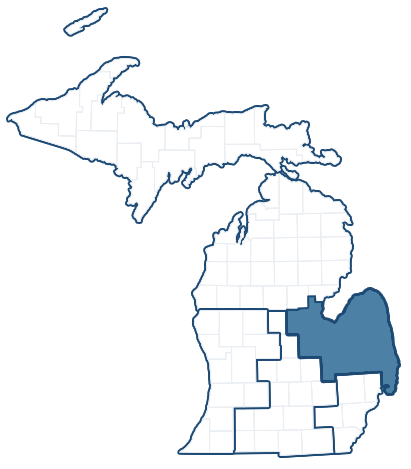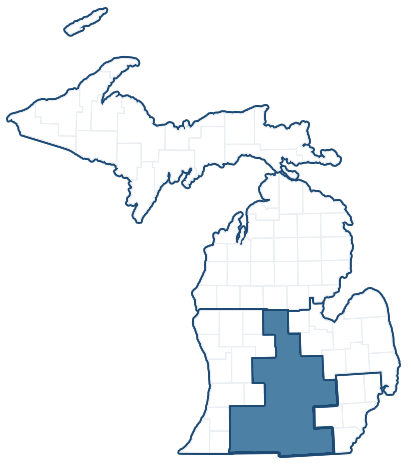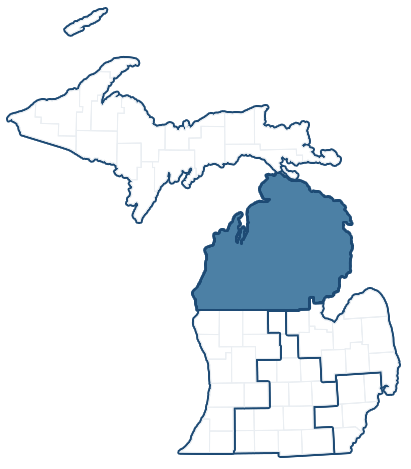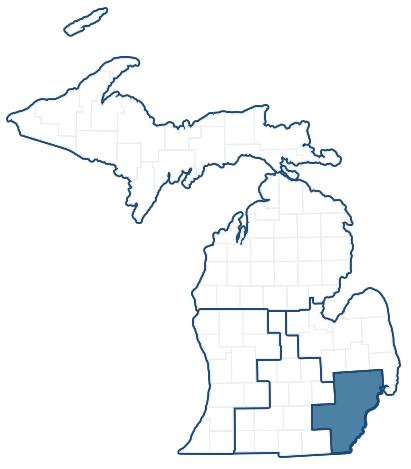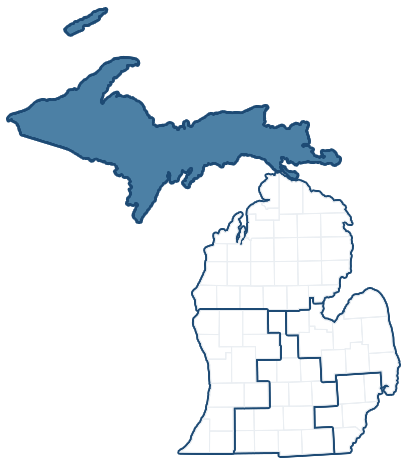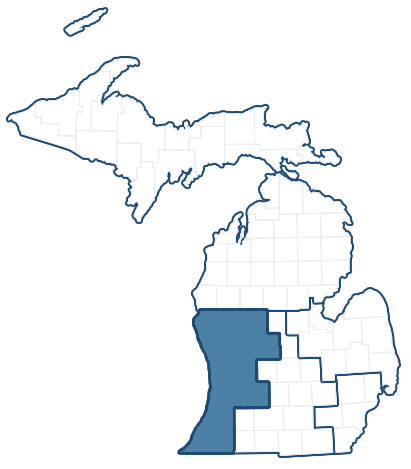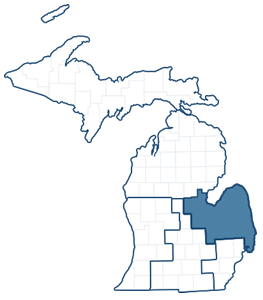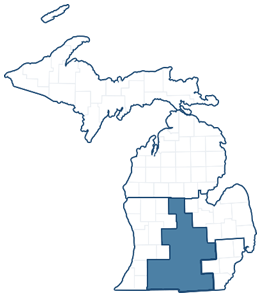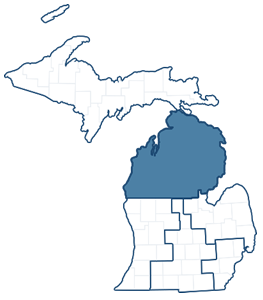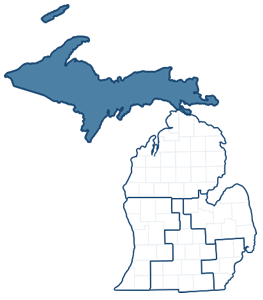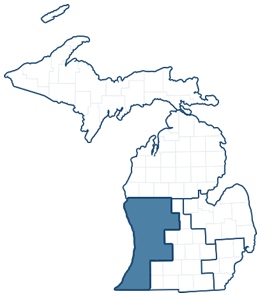In Grand Rapids, Senator Stabenow Releases Report on the Impact of Climate Crisis in Michigan
Monday, October 07, 2019GRAND RAPIDS – U.S. Senator Debbie Stabenow (D-MI) today released a report on the impact of the climate crisis on Michigan during a bus tour of energy efficient and sustainable infrastructure projects in Grand Rapids. Stabenow made stops at the Circuit West sustainability project, Roosevelt Park Neighborhood, Inner City Christian Federation, and Brewery Vivant.
“Science is clear. The climate crisis is already impacting Michigan’s public health, our Great Lakes, agriculture and our economy,” said Senator Stabenow. “While there is no silver bullet to address this crisis, Michigan is poised to lead the way in finding solutions. Our state’s investments in renewable and zero emission electricity, energy efficiency and new vehicle technologies are already creating good-paying jobs, lowering the cost of energy and reducing the impact of the climate crisis.”
Senator Stabenow’s new report titled “The Climate Crisis and Michigan” documents scientific research on the impact of climate change in Michigan. The impact on our Great Lakes can be seen in extreme water levels in coastal communities and extreme rain and severe storms overwhelming local infrastructure and flooding homes. The impact on our agriculture includes fluctuating temperatures harming fruit growers and changes in seasonal precipitation leading to planting delays.
The report outlines how Michigan is uniquely positioned to address the climate crisis through improved energy efficiency, clean energy vehicles and infrastructure, and renewable and zero emission electricity. Michigan currently ranks first in the Midwest for clean energy jobs and fifth in the country. Michigan’s clean-energy industry is expected to grow another 9% in 2019, more than any other state in the Midwest.
Two out of three clean energy jobs in Michigan – more than 85,000 in total – are in the energy efficiency sector. This includes manufacturing and installation of more efficient appliances, lighting, heating and cooling systems, and building materials. Widespread use of efficient appliances, electronics, equipment, and lighting, along with better insulation and other weatherization, is estimated to cut as much as 550 million metric tons of carbon pollution a year by 2050.
"The U.S. Green Building Council of West Michigan is tracking the annual greenhouse gas emissions from our existing building infrastructure and transportation in Michigan's 10 most populous cities. Today, these 10 cities are emitting 20 million metric tons of greenhouse gases each year. To offset this urban pollution would require 23 million acres of U.S. forest but with our current resource at 19 million acres and population on the rise, we need to take immediate and bold action to begin drawing down our carbon emissions with solutions like electric vehicles, energy efficiency and renewable energy generation,” said Cheri Holman, Executive Director of U.S. Green Building Council of West Michigan. “Senator Stabenow's leadership on this climate crisis is monumentally important because these solutions will require the collaboration of all civic, business and community members.”
"As the world’s first LEED certified commercial microbrewery, Brewery Vivant is committed to a more sustainable future through innovative solutions,” said Kris Spaulding, Owner & President of Brewery Vivant. “We are proud to stand with Senator Stabenow in discussing how to address the impacts of climate change in our state.”
“We recognize that the climate crisis is real. It is impacting our residents and businesses, which is why reducing carbon emissions and increasing climate resiliency is included in our four-year strategic plan,” said Alison Waske Sutter, Sustainability and Performance Management Officer of the City of Grand Rapids. “We are developing a strategy to achieve our 100 percent renewable energy goal, which will include energy efficiency, solar and renewable energy credits. We are also collaborating with community stakeholders to find equitable solutions to reducing carbon generated by our community at-large.”
Next Article Previous Article




